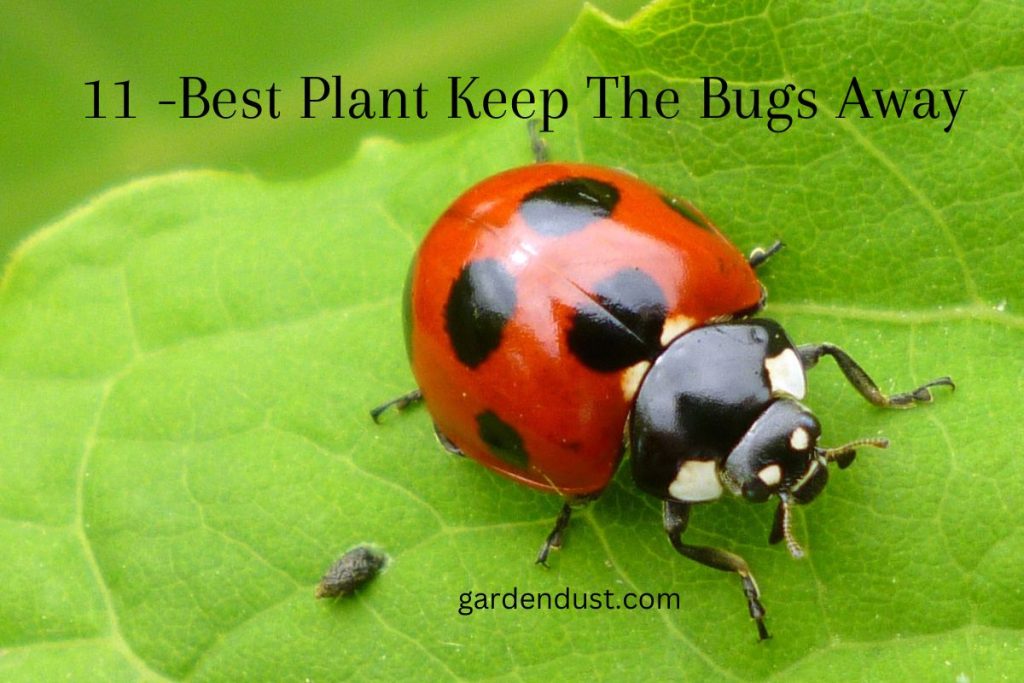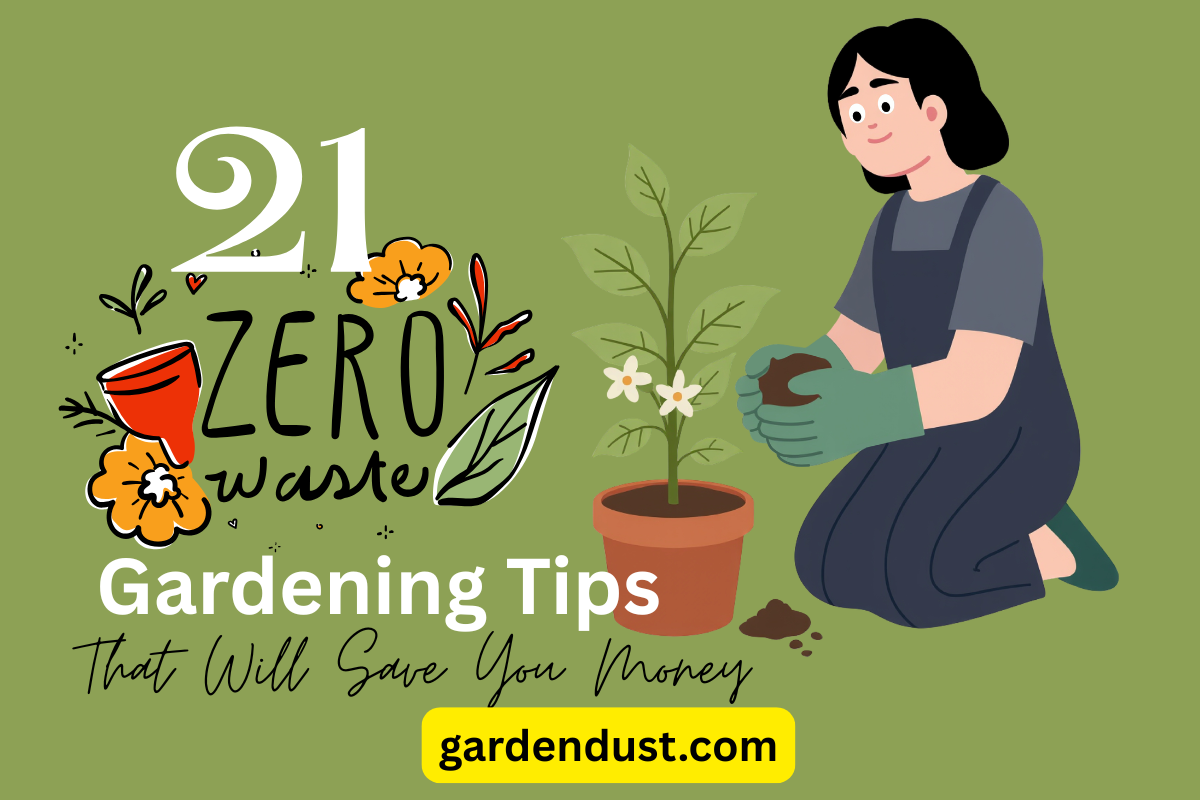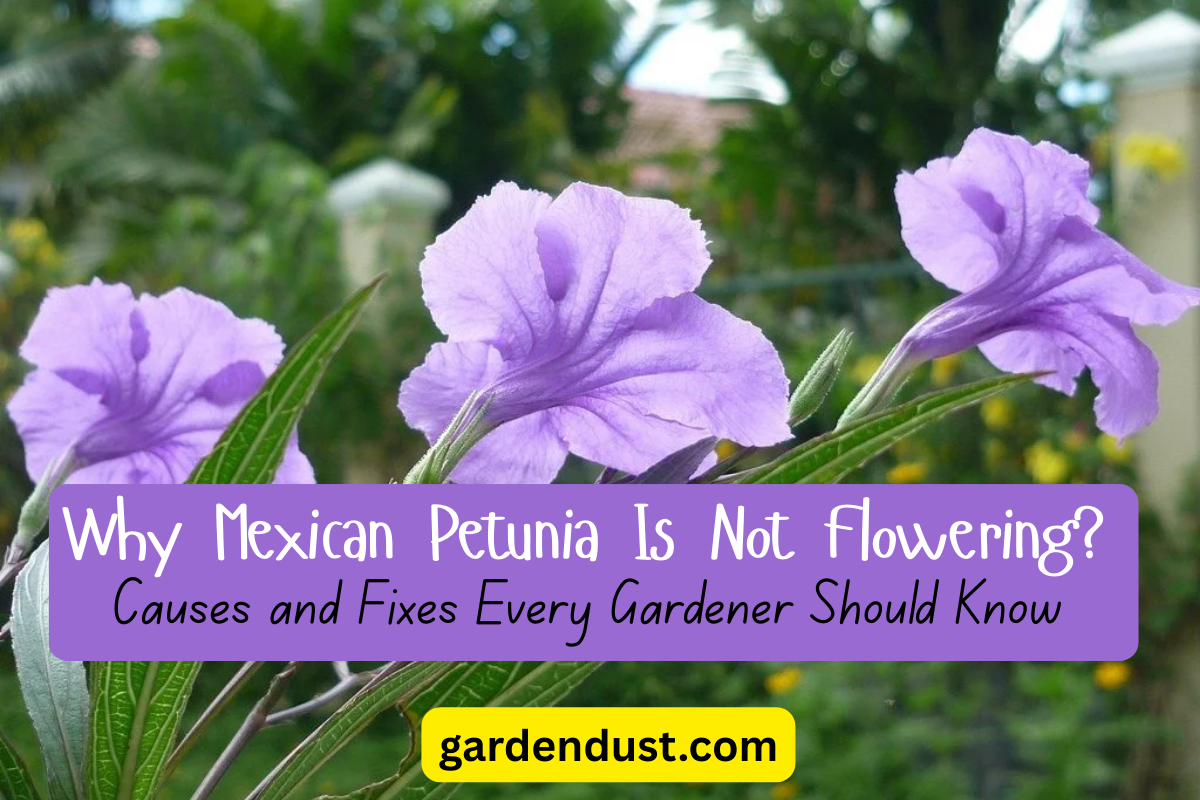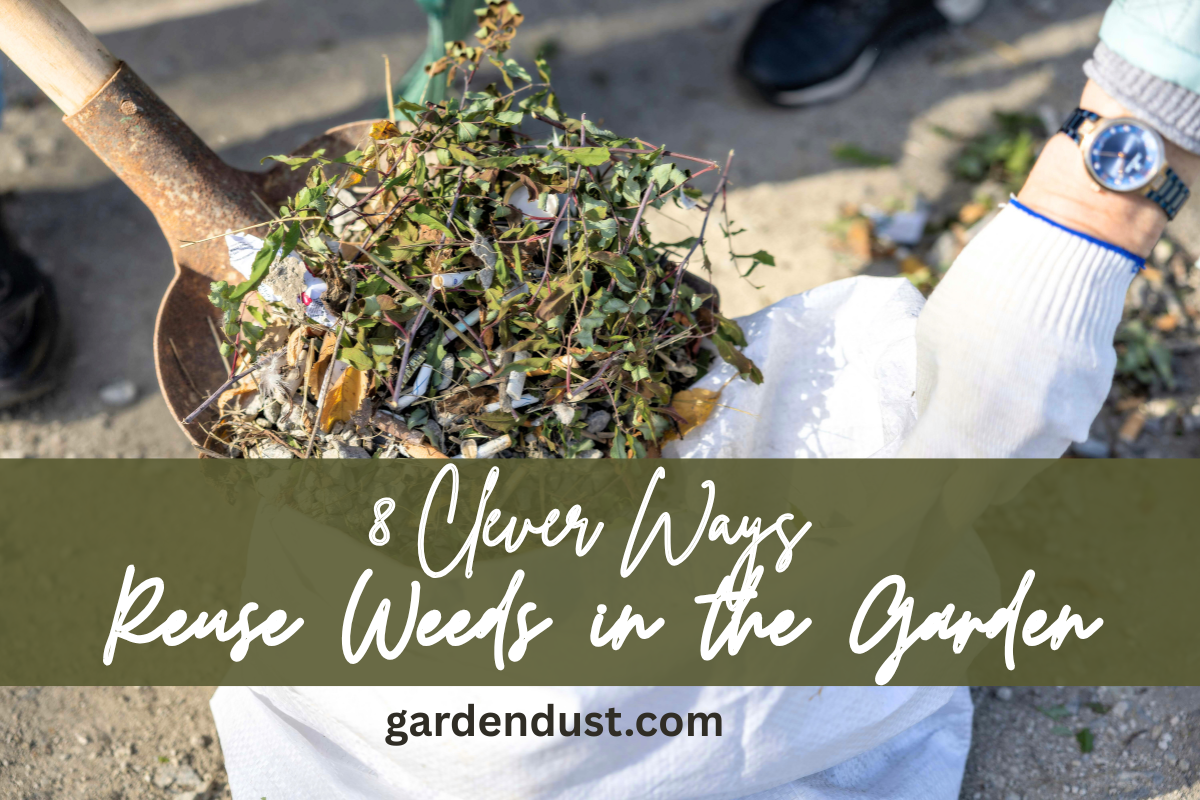In the perennial battle against pesky bugs, nature provides an arsenal of defenders that not only add beauty to your surroundings but also act as formidable guardians against unwanted insects. Instead of relying solely on chemical pesticides, consider incorporating these 11 best plant -keep the bugs away into your garden or home. From aromatic herbs to vibrant flowers, these plants not only deter pests but also contribute to a healthier, more vibrant ecosystem.
1. Lavender (Lavandula spp.): A Fragrant Barrier
Lavender, with its delightful fragrance, is a versatile plant that not only adds a touch of elegance to your garden but also works as a potent bug repellent. Its strong aroma wards off mosquitoes, flies, and moths, making it an excellent choice for both outdoor and indoor spaces. Plant lavender near entryways or outdoor seating areas to create a fragrant barrier against unwelcome insects.
2. Basil (Ocimum basilicum): Culinary Defender
Beyond its culinary uses, basil serves as a natural insect repellent. The strong scent of basil plants helps keep mosquitoes and flies at bay. Plant basil near doors and windows or incorporate it into your vegetable garden to protect your crops from pests. The bonus? You’ll have a fresh supply of this flavorful herb for your kitchen.
3. Citronella (Cymbopogon spp.): The Classic Bug Buster
Citronella is renowned for its bug-repelling properties and is a common ingredient in many commercial insect repellents. The citronella plant, a type of lemongrass, emits a strong citrus scent that masks the scents that attract mosquitoes. Grow citronella in pots around your patio or outdoor seating area to create a bug-free zone for relaxing evenings.
4. Marigold (Tagetes spp.): A Burst of Colorful Defense
Marigolds not only add vibrant colors to your garden but also act as natural insect repellents. These flowers contain pyrethrum, a natural insect repellent used in many insecticides. Plant marigolds around your garden to deter nematodes, mosquitoes, and other pests. Their bright blossoms add a cheerful touch while protecting your plants.
READ ALSO:-How To Treat And Prevent Spotted Lanternfly Infestations
5. Chrysanthemum (Chrysanthemum spp.): Nature’s Insecticide
Chrysanthemums, commonly known as mums, are not just ornamental flowers; they also contain pyrethrin, a natural insect repellent. Pyrethrin is widely used in insecticides due to its effectiveness against various pests. Plant chrysanthemums in your garden to deter mosquitoes, ants, ticks, and other garden pests. These resilient flowers will bring beauty and bug resistance to your outdoor space.
6· Rosemary (Rosmarinus officinalis): Aromatic Protector
Rosemary is a fragrant herb that does more than just enhance the flavor of your dishes. Its strong aroma acts as a natural repellent for mosquitoes and other insects. Plant rosemary near entrances and outdoor seating areas to create a protective barrier. Additionally, rosemary is a hardy herb that requires minimal care, making it an ideal choice for both novice and experienced gardeners.
7. Mint (Mentha spp.): Multipurpose Insect Deterrent
Mint is a versatile herb with a refreshing scent that repels a variety of pests, including mosquitoes and ants. Plant different varieties of mint around your garden or in pots on your patio to create a multifaceted defense against insects. Mint also has culinary uses, making it a valuable addition to your kitchen.
8. Catnip (Nepeta cataria): More Than a Feline Attraction
Catnip, known for its effects on cats, is also a powerful mosquito repellent. The active compound, nepetalactone, is effective at deterring mosquitoes, making it a natural and non-toxic alternative to chemical repellents. Plant catnip in your garden or keep it in pots around your outdoor living spaces to enjoy a bug-free environment.
9. Lemon Balm (Melissa officinalis): Lemon-scented Shield
Lemon balm, with its lemon-scented leaves, not only adds a delightful aroma to your garden but also acts as a natural insect repellent. It is particularly effective against mosquitoes and flies. Plant lemon balm in pots or directly in the garden to create a lemony barrier against unwanted pests.
10. Nasturtium (Tropaeolum spp.): Edible Bug Repellent
Nasturtiums not only add a splash of color to your garden with their vibrant blooms but also serve as an edible insect repellent. These flowers release a peppery scent that deters aphids, whiteflies, and squash bugs. Plant nasturtiums near your vegetable garden to protect your crops while enjoying their peppery-flavored leaves and blossoms in salads.
11. Garlic (Allium sativum): A Pungent Shield
Garlic, known for its pungent aroma and culinary uses, is also a potent insect repellent. Plant garlic around your garden to ward off aphids, mosquitoes, and other pests. The strong scent of garlic masks the scents that attract insects, providing a natural and effective defense for your plants.
Incorporating bug-repelling plants into your garden not only adds aesthetic appeal but also promotes a natural and eco-friendly approach to pest control. By harnessing the power of these plants, you can create a harmonious and bug-resistant environment that enhances the well-being of both your plants and yourself. Embrace the beauty and functionality of nature’s bug busters, and let your garden thrive in a pest-free haven. Happy Gardening…







